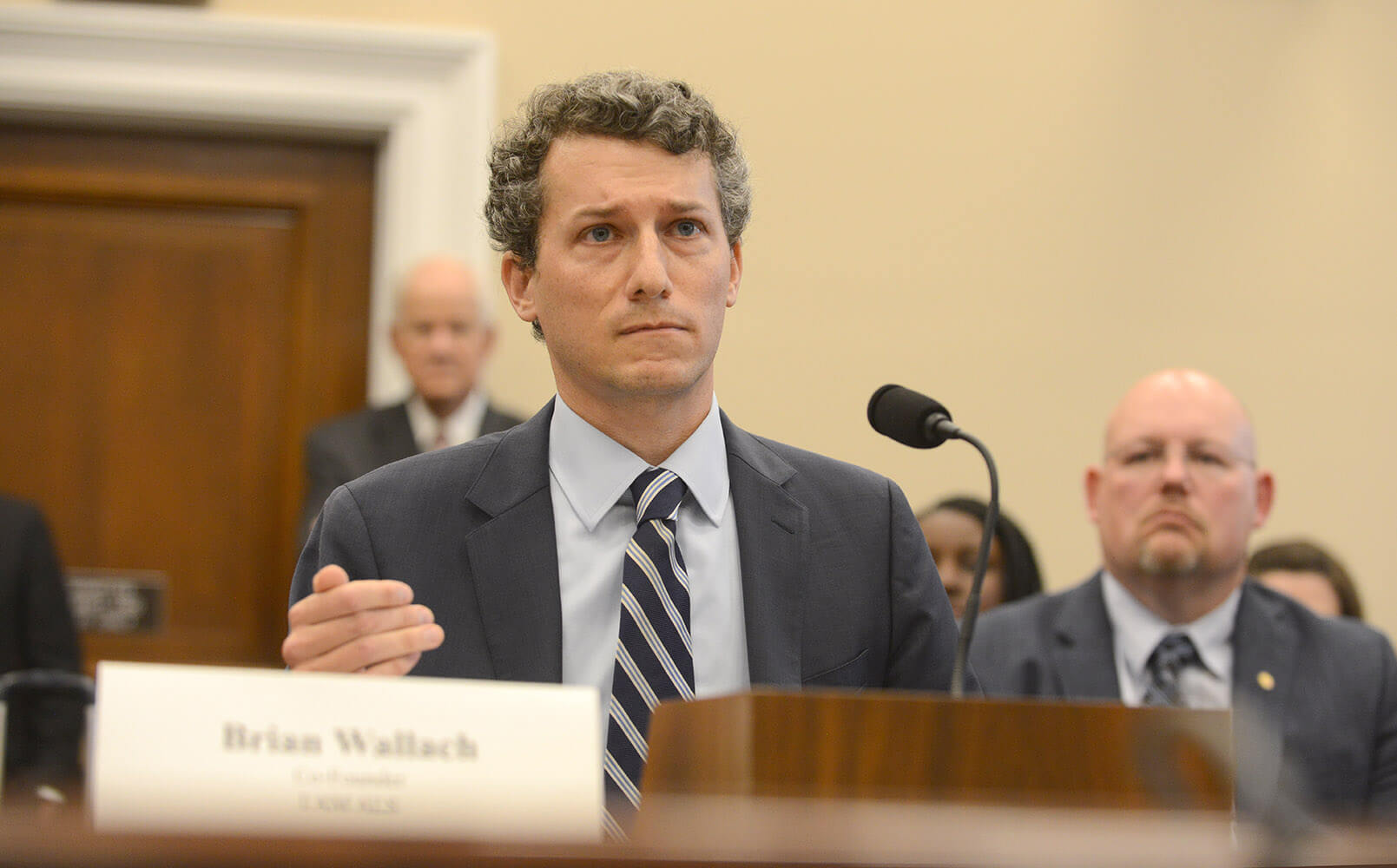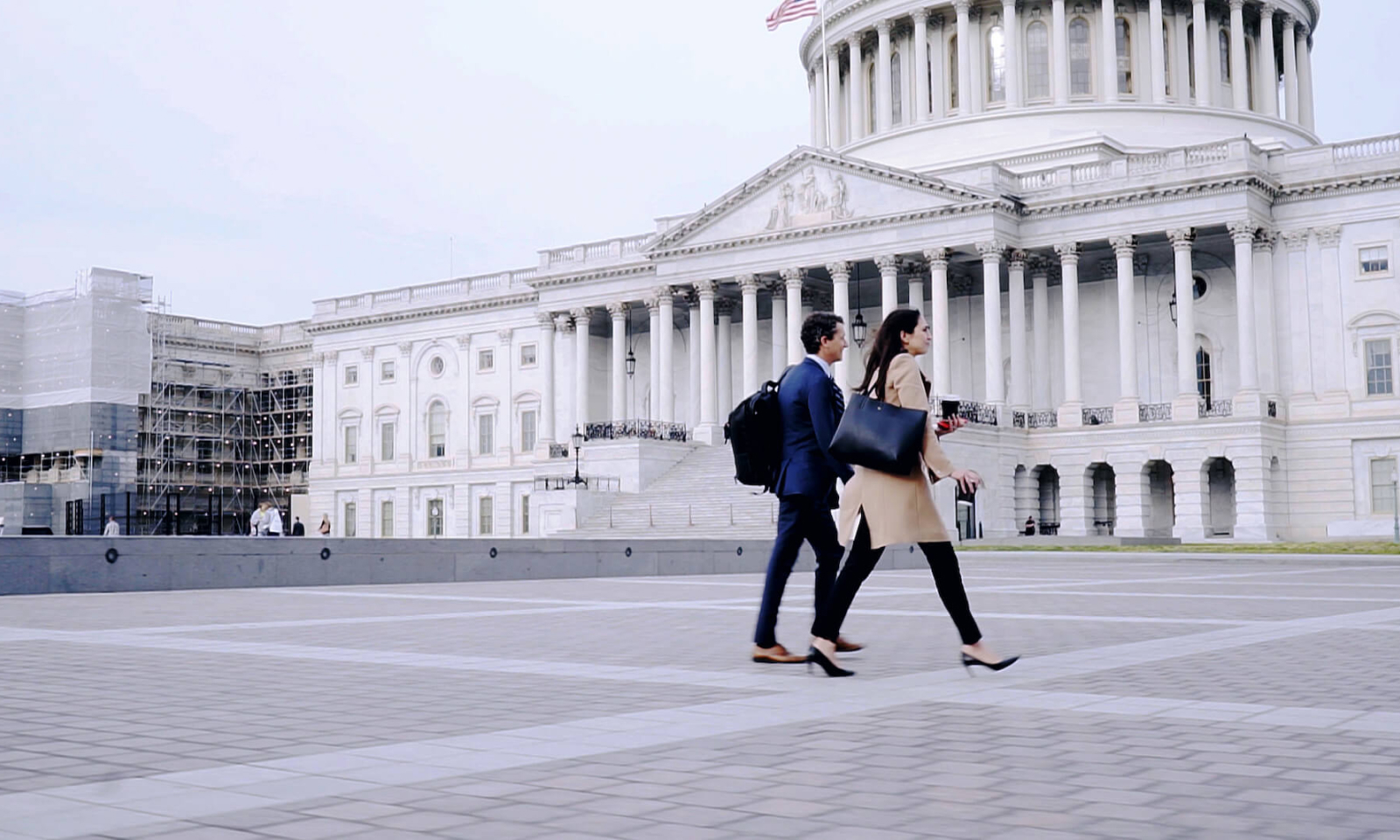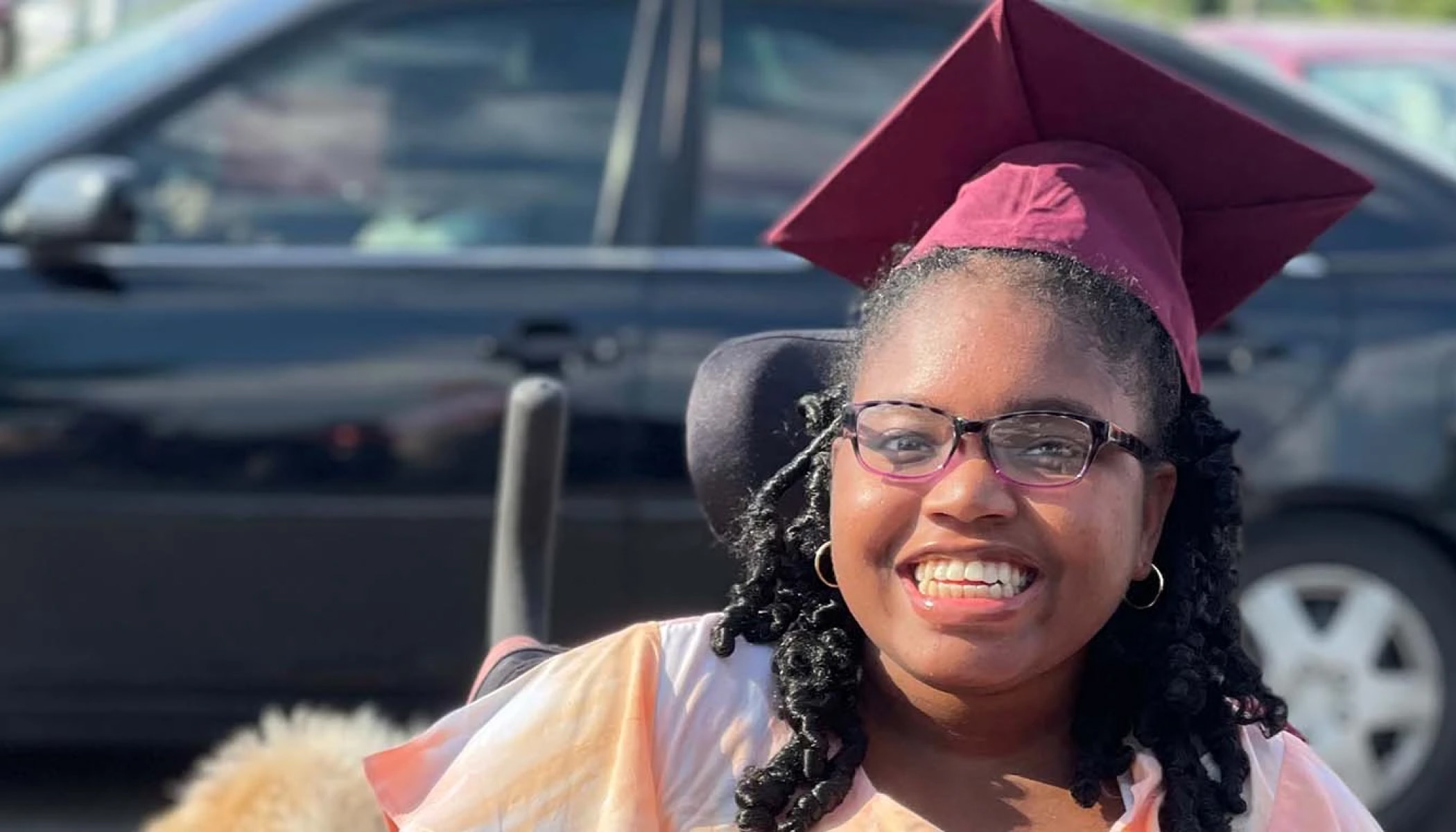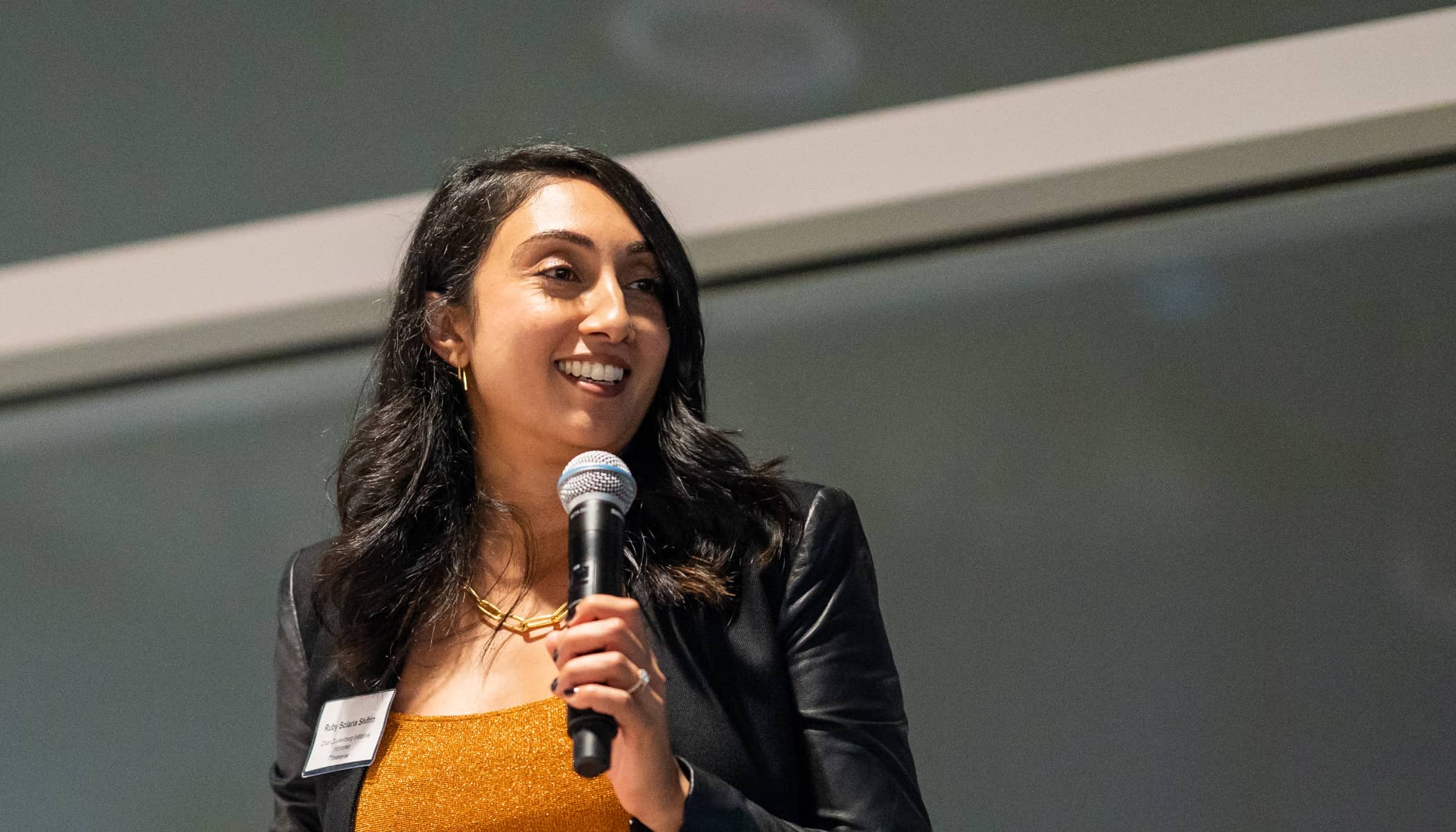Jul 30, 2020 · 7 min read
Behind the Movement: Fighting to Cure ALS and Find #CuresForAll with Brian Wallach

Progress on many of the world’s most pressing issues is driven by fearless leaders who stand with their communities and build movements that effect change. This series highlights those courageous and innovative people on the frontlines and their bold missions to create a more equitable and inclusive future for all.
Meet Brian Wallach.
Imagine one day, you feel a twitch in your hand. Weeks or months later, your hand gets weaker, and you can’t turn the key in your front door. The diagnosis: amyotrophic lateral sclerosis (ALS), a rare neurological disease that impacts muscle control. ALS robs people of the ability to speak, eat, move, and even breathe, typically in under five years. The causes of ALS remain largely unknown, and there are no effective treatment options.
Nearly 500,000 people around the world have ALS, and every 4.4 minutes someone new is diagnosed. After his diagnosis in November of 2017, Brian launched I AM ALS with his wife Sandra Abrevaya to empower patients to lead the search for cures. Professionally, Brian is an attorney. He isn’t a doctor or a researcher or a clinician, but he knew he couldn’t sit on the sidelines and wait for someone else to make progress.
I AM ALS is building a movement across the ALS community that connects patients, caregivers, doctors, scientists, foundations, corporations, and the public in the fight against ALS. This critical work, led by patients and their families, is part of a broader movement among the rare disease community.
Why did you start I AM ALS and how are you hoping to change advocacy for this rare disease?
We started I AM ALS after my diagnosis in November 2017 to answer the central question: “How do we find a way to empower people who are living with ALS to be a part of finding the solution for their disease?” And not just ALS, but really every disease out there — because too often, when you get diagnosed, you become reactive and depend on others to help you figure out what to do and how to do it. We thought, what if we could flip that baseline and shift people from passive consumers to leaders in their fight against disease?
Another big part of our effort is bringing together different ALS groups around a shared set of goals. There are over 25 ALS groups, and we’re lucky in that respect. Unlike many other rare diseases where there isn’t even a single group, we have a lot of people already fighting. With I AM ALS, we spent nearly a year prior to launching learning about the ALS space, meeting with ALS groups, patients, doctors, and beyond to see how and if a new group could help augment the fight.
What we found was that there was a true need for a patient-centric, patient-focused group built around the idea that by truly engaging and empowering those living with and fighting ALS, we could build a movement to capitalize on and expand these amazing resources and finally win the fight against ALS. Our goal is to build tools that will benefit everyone, connect everyone, and unify the amazing actors in this fight to drive toward cures as fast as is humanly possible.
How are you using your expertise in understanding the power of community organizing to accelerate progress against ALS?
I was lucky enough to meet my amazing wife Sandra on the 2008 Obama campaign. I spent 18 months with the campaign, and from that campaign Sandra went on to found two different nonprofits after we worked together in the White House. Those experiences taught us the power of community, and they also taught us the importance of being able to listen to everyone and not be reactive to any single idea.
It taught us to hear people in a real way, to slow down and listen to their hopes and dreams, and then to build something that reflects those desires in a way that people can see and be a part of. We’re helping not just ALS patients, but anyone who is interested in this fight to find ways to make a difference — if you send an email, if you join us in any way, every little action matters and brings us closer to the outcome that we all want.

Why do you think it’s important for patients to actively engage with researchers and help find treatments and cures for their disease?
Having patients in the room with researchers and clinicians to be a part of the discussion changes those discussions. It makes it real and grounds it in experience. When you look at a scientific idea for a treatment it can be a beautiful concept, but the question is, “How do we actually take that idea and make that real for people? Not 25 years from now, but now?”
An enormous number of people are impacted by these diseases, and if patients and their loved ones are part of this effort to find solutions, we will see outcomes way faster than we ever dreamed.
Patients ask questions that others may never ask, and their presence empowers researchers and clinicians to remember that their work has a real impact on millions of us across the globe — about 400 million people are living with a rare disease. Think about that for a second. And every one of those people has family members and friends. An enormous number of people are impacted by these diseases, and if patients and their loved ones are part of this effort to find solutions, we will see outcomes way faster than we ever dreamed.
How do you see I AM ALS helping other ALS or rare disease groups make progress on their disease?
One of the things that I am most excited about with I AM ALS is our chance to really build an open source model that other disease groups can use. We have a favorite saying within our foundation, which is, “What’s done in secret is done in vain.” We hope that we can partner with CZI and other groups to not just build a model that can reimagine how we fight ALS, but reimagine how people advocate and fight every rare disease.
Our hope is that the technology and advocacy platforms we build can empower others to do their work far faster and not have to rebuild the wheel, and thereby allow them to do other things that are needed to accelerate their fights.
What would you want researchers, clinicians, and others working on neurodegenerative diseases to understand from the patient perspective?
We are here to work with you. We want to be a part of finding cures. We may not speak the same language, we may not know every single term or every single chemical compound, but that doesn’t mean that we are not a part of solving this problem with you. We want to accelerate your discoveries because they will help save our lives. That means that we want to help in every way we can: raising more funds, raising more awareness, being a part of your clinical trials. Help us help you, and we think together we can make amazing things happen.
Learn more: The Chan Zuckerberg Initiative’s Rare As One Project is committed to supporting and uniting rare disease communities in their quest for cures.





